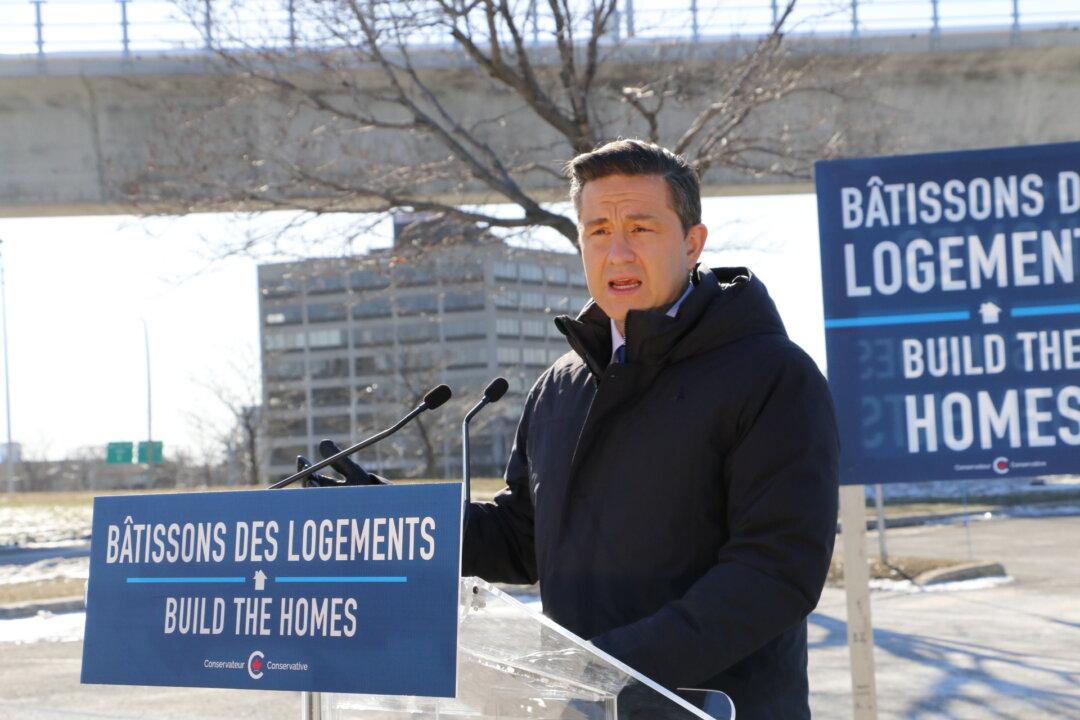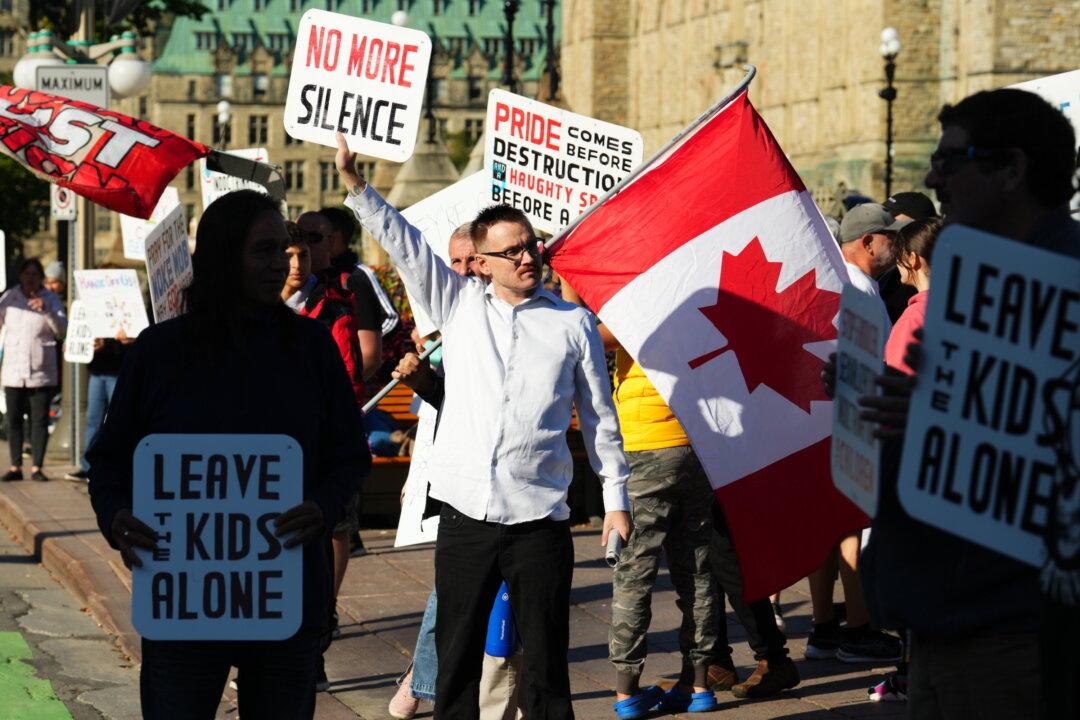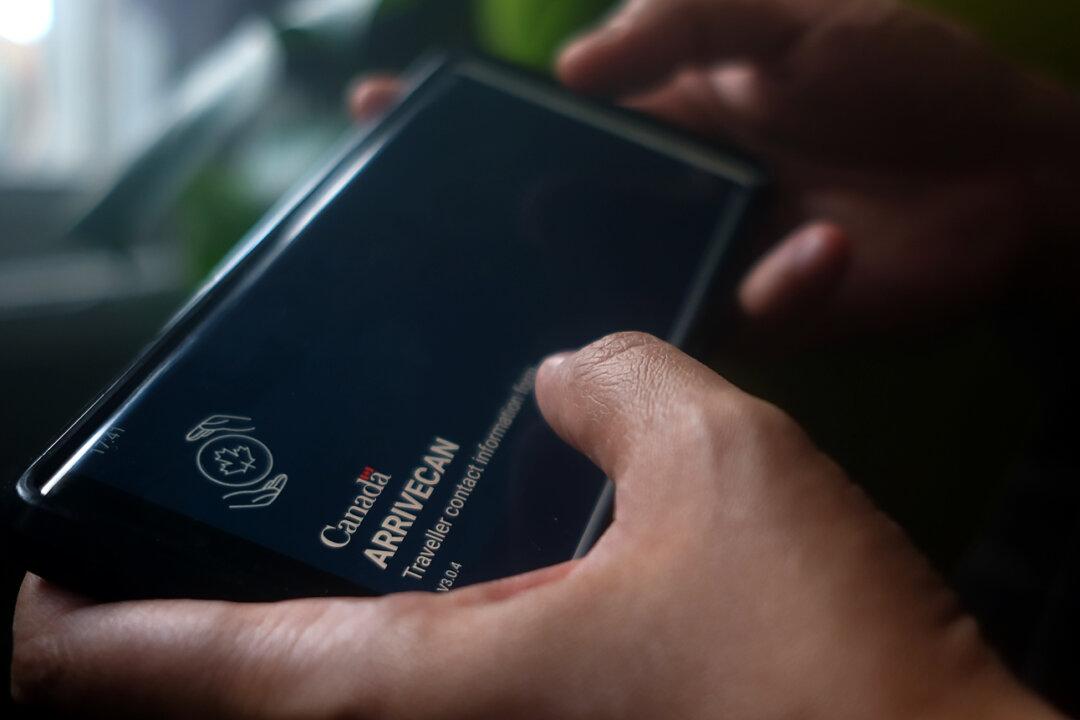Conservative Leader Pierre Poilievre promises that if elected prime minister, he will cut “wasteful” funding to “terrorists” and boost Canada’s military.
“My common-sense plan will cut wasteful foreign aid that goes to dictators, terrorists, and multinational bureaucracies and put that money into reinforcing our military,” Mr. Poilievre said to reporters Feb. 15 in Montreal.





